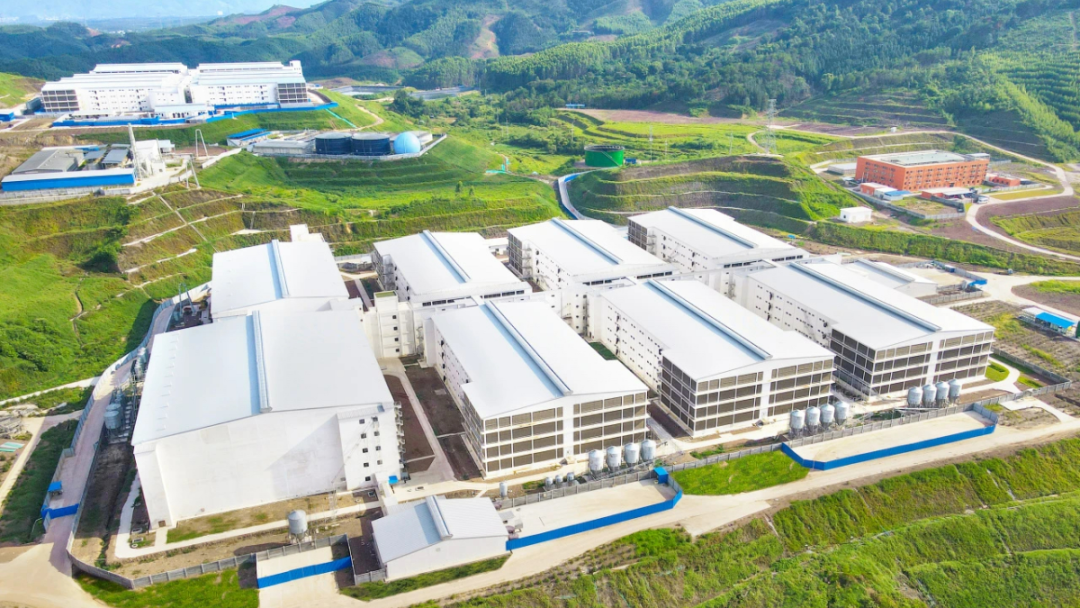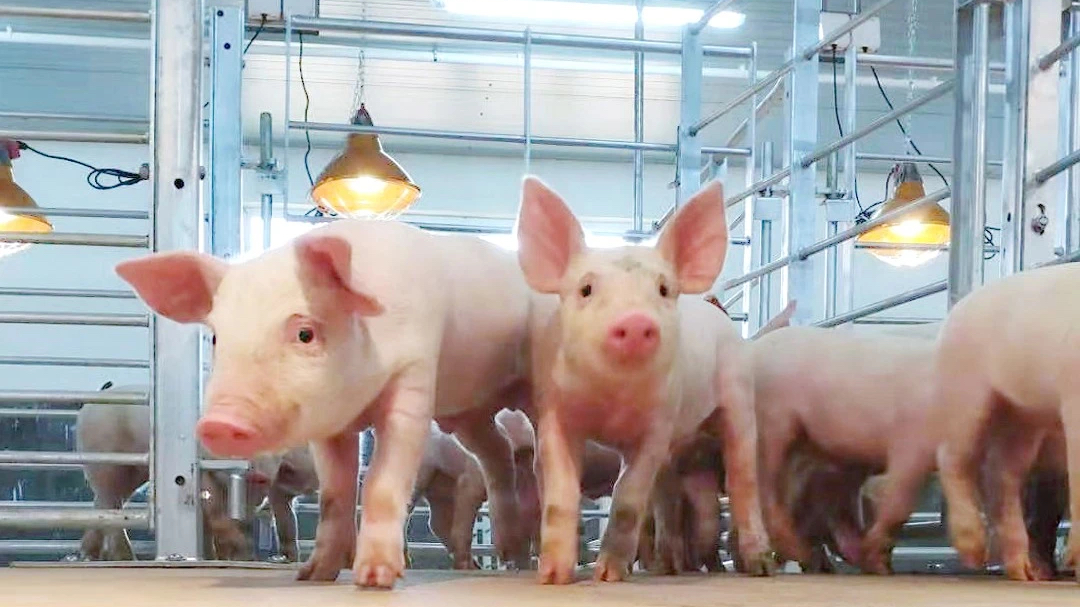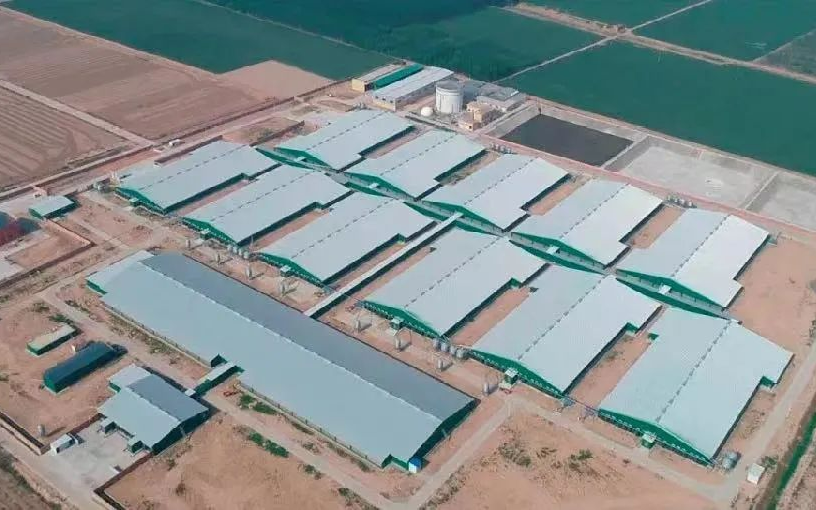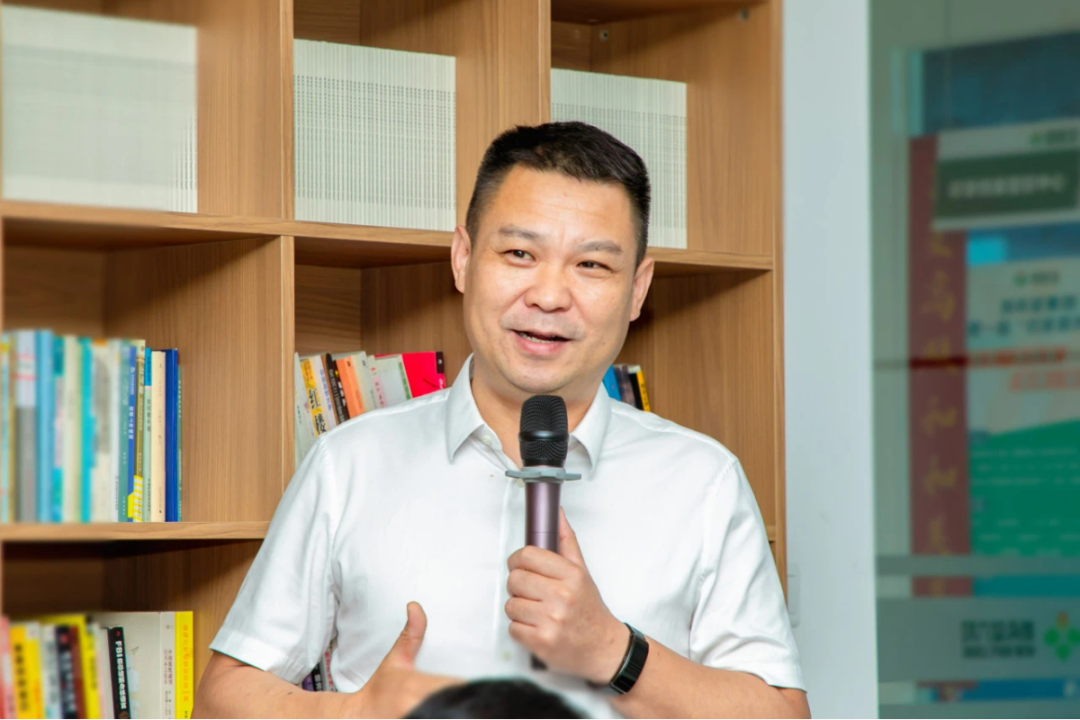Kingkey Smart Agri has successfully completed its strategic transformation from a real estate enterprise to a leading swine production company in China. In 2024, over 65% of its revenue came from pig farming, marking a significant turnaround from five years earlier. Despite an overall revenue and profit decline, the swine segment proved highly profitable, supported by efficient cost management and heavier slaughter weights. The company has expanded its presence in South China and plans to market 2.5 million pigs in 2025, while maintaining flexibility in response to market volatility.
Kingkey Smart Agri has officially completed its transformation from a real estate-focused conglomerate into a vertically integrated swine production enterprise—an evolution now reflected clearly in its 2024 financial results.
According to the company’s annual report, pig production accounted for over 65% of total operating revenue, generating CNY 3.90 billion (approximately USD 547.55 million) . In stark contrast, real estate contributed just 21%, a dramatic reversal from five years ago, when pig farming brought in less than 1% of total turnover.

Five-Year Transition
Between 2019 and 2023, Kingkey gradually ramped up its involvement in pig production. The swine segment rose from just 0.90% of revenue in 2019 to nearly 38% by 2022, before falling back to 22.65% in 2023 amid market headwinds. The company’s 2024 results now mark a clear turning point, suggesting the strategy has matured and begun to yield consistent returns.
In 2024, the company achieved total operating revenue of CNY 5.96 billion (about USD 851 million ) and net profit attributable to the parent of CNY 714 million (about USD 102 million), representing year-on-year declines of 52% and 59%, respectively.In 2024, the company sold 2.146 million pigs (including 293,200 piglets), marking a 16% year-on-year increase.This underscores its emergence as the firm’s key source of profitability.
The property division, meanwhile, generated CNY 1.23 billion (USD 172.72 million)—an 86% drop compared to the previous year—with net profit limited to CNY 229 million (USD 31.95 million). Kingkey attributed this decline to a deliberate pullback from new developments, with efforts now focused on liquidating existing inventory.

By the end of 2024, the company’s debt-to-asset ratio had declined significantly to approximately 60%, down from 68% at the end of the previous year, reflecting a further optimization of its asset structure.
South China Expansion Strategy
Jingji’s pivot began in 2019 with a concentrated push into pig production in Guangdong and Guangxi provinces, targeting the high-demand Greater Bay Area. Since then, the company has built a network of high-density, self-contained pig farms integrating modern genetics and breeding technologies.
By the end of 2024, Kingkey maintained a sow herd of around 116,000 heads, including 103,000 breeding sows and 13,000 gilts. This positions the company as one of the largest sow operators in the region.

Beyond its own farms, Kingkey has expanded its presence through contract finishing arrangements with partners in neighbouring provinces. This has increased operational flexibility and improved the company’s geographic footprint.
Focus on Cost Control and Efficiency
Kingkey also reported a notable improvement in cost efficiency. In 2024, full production costs (excluding headquarters overhead) were brought down to CNY 14.38/kg (USD 2.02/kg), compared to CNY 17.18/kg (USD 2.42/kg) in 2023.
Profitability was further enhanced by increasing average slaughter weights. In February 2024, market hogs averaged 133 kg live weight, a strategy that increased revenue per animal despite the possibility of fewer head marketed.
Looking Ahead: Balancing Output and Margin
Kingkey expects to market approximately 2.5 million pigs in 2025. While the emphasis on heavier slaughter weights may temporarily lower throughput, the company expects improved margins and herd structure to offset this.
To cope with ongoing market fluctuations, the company plans to remain flexible in procurement and will closely monitor external price signals to guide the pace of outsourced piglet purchasing.
AgriPost.CN – Your Second Brain in China’s Agri-food Industry, Empowering Global Collaborations in the Animal Protein Sector.




